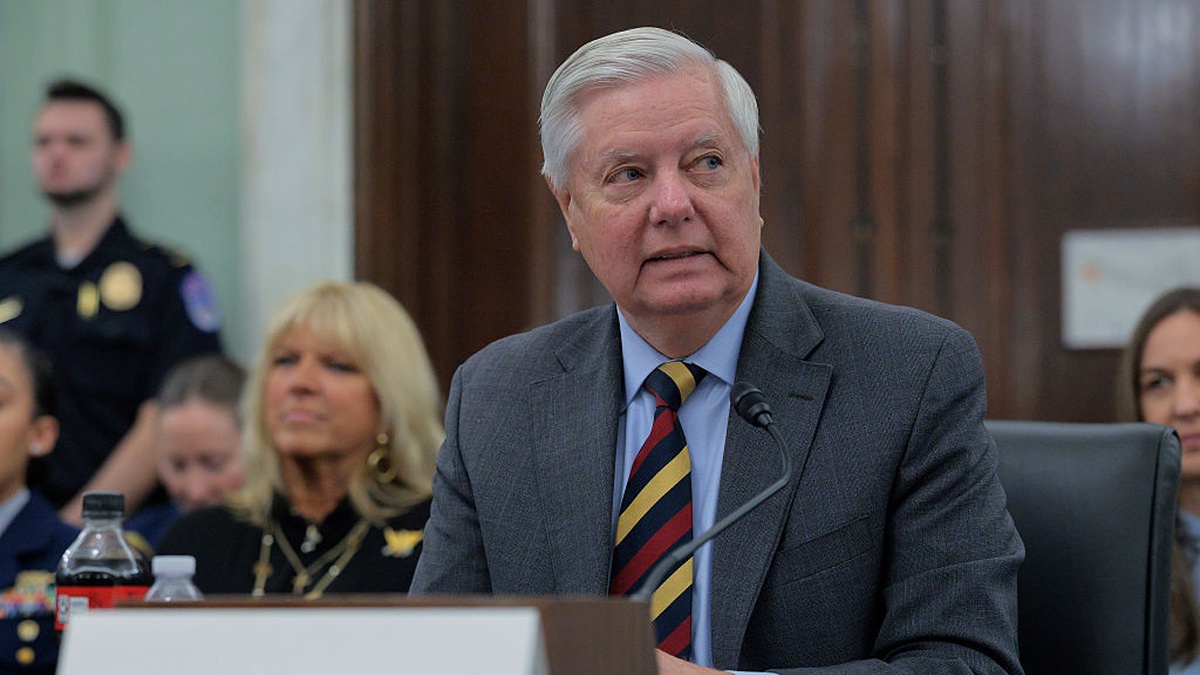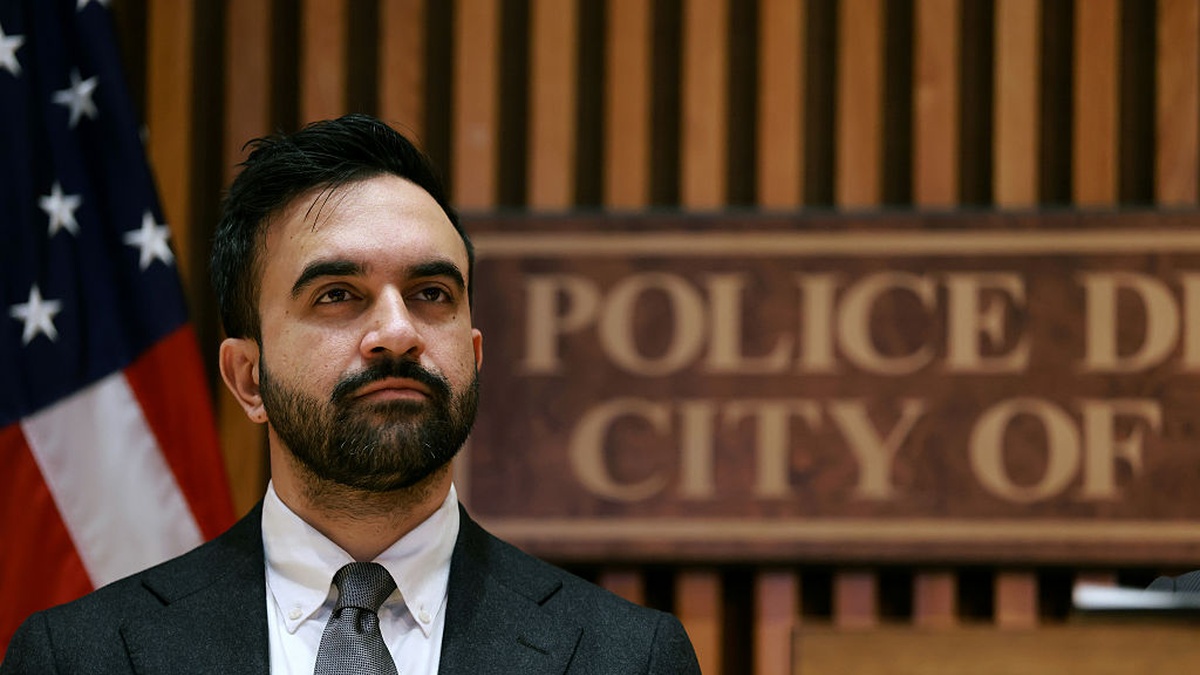At this point, it’s not a matter of if but when the Luigi Mangione movie – or series as, surely by now, Ryan Murphy is foaming at the mouth to get his hands on the story’s rights – will be coming out. Once it does, it would be almost criminal not to use this original song by musician Jesse Welles as part of the soundtrack.
Welles, who shared the short but poignant song on his TikTok profile, has a unique, refreshing, and timeless aesthetic – he arguably looks like the long-lost son of one of The Beatles – and songwriting style that would fit perfectly into a movie about the controversial killing of United Healthcare CEO Brian Thompson.
“If there’s ever a movie about Luigi Mangione,” one commenter wrote, “This NEEDS to be the song for the beginning or credits.” Another netizen, like several others in the comment section, had to praise Welles’ talents: “I would go to church if these were the songs.”
From a storytelling and cinematic perspective, this song would likely fit better with the end credits. If it were to open the film, it would sound like unnecessary exposition and too on-the-nose, whereas, by the end, it could carry some emotional or even cathartic effect, as the viewers come to grips with what should be the final Act’s climax. Such a movie – as Welles’ particular style brings to mind – could be right up the Coen Brothers‘ directorial alley.
‘No Country for Sick People’: coming to cinemas in the indefinite near future
Listening to Jesse Welles’ original song, one can almost picture this (for now) hypothetical movie’s final montage sequence playing: the suspect gets dragged through all the Kafkaesque bureaucratically heavy processes of the legal system. There is no dialogue as his underlying motivations are reflected in song form, like they could be taken straight out of the manifesto that was reportedly found on Luigi Mangione: “You paid for everything they need to deny what you’re owed.”
In terms of the song’s cinematic potential, it’s even better that it makes no mention of the suspect’s name, or even the victim’s, for that matter – Brian Thompson is simply referred to as the “CEO.” If a song is too focused on being descriptive and reflecting all the facts, some of its more important emotional qualities may not carry through to the viewer. The juxtaposition of image and music and the affective effect it creates – taking into consideration all the scenes that came before or may come after – is far more significant. And sometimes, the fact that the song’s tone seems jarring or out-of-place considering the film’s subject matter and narrative, may add to its impact. Think – a somewhat recent example – Saltburn’s “Murder on the Dancefloor” final sequence.
This song’s lyrics also underline what would likely be the thematic background of a potential movie about this case: the American people’s justified frustration with the fatal flaws in their healthcare system. Undeniably, this case has grown much bigger than the victim, Brian Thompson, and the alleged perpetrator, Luigi Mangione. Some may reasonably fear that this incident could be the spark that triggers a class war. While, no doubt, an escalation of violence would be undesirable, one should suspect narratives that try to paint Mangione merely as a deranged, crazy individual who felt wronged and had a personal vendetta without addressing the larger socio-economic issues that this murder has forced to the forefront of public discourse.











Published: Dec 13, 2024 08:46 am